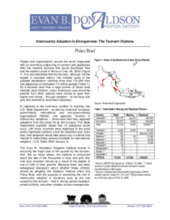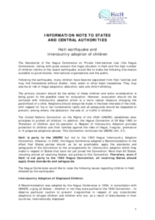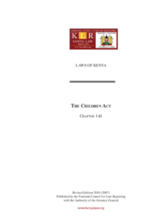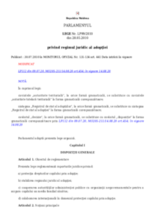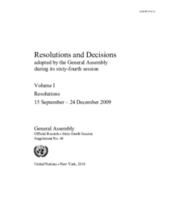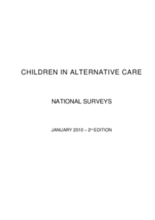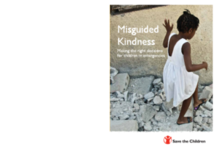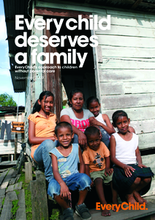Displaying 601 - 610 of 661
The Adoption Institute offers this policy brief, with the purpose of examining the role of intercountry adoption in situations such as the one caused by the tsunami – that is, during natural disasters, armed conflicts, and other complex human emergencies
In this Information Note, the Hague Convention urges that the focus in emergencies should first be on child protection, rather than adoption. In the spirit of this Recommendation, it is clear that in a disaster situation, like that brought about by the earthquake, efforts to reunite a displaced child with his or her parents or family members must take priority. Premature and unregulated attempts to organise the adoption of such a child abroad should be avoided.
This book features individual empirical studies on the outcomes and progress made for children in foster care around the world.
The Children Act, Chapter 141 is a Kenyan law that addresses provision for parental responsibility, fostering, adoption, custody, maintenance, guardianship, care and protection of children; provision for the administration of children’s insti
This document presents the adoption law of Moldova.
The present volume contains the resolutions adopted by the General Assembly from 15 September to 24 December 2009, including the Guidelines for the Alternative Care of Children on page 376.
In 2009 Eurochild carried out a survey of the situation of children in alternative care in Europe through its member organisations. The survey was not intended as a scientifically rigorous research exercise but rather to identify what information is readily available and to note some common trends across Europe.
Using lessons learnt in emergencies, from the genocide in Rwanda to the Asian Tsunami and the earthquake in Haiti, our new report, Misguided Kindness, demonstrates what action is needed to keep families together during crises and to bring separated children back into a safe and nurturing family life.
This document outlines EveryChild’s approach to the growing problem of children without parental care by defining key concepts, analysing the nature and extent of the problem, exploring factors which place children at risk of losing parental care, and examining the impact of a loss of parental care on children’s rights.
This document contains revised alternative care guidelines for Ethiopia. It discusses how development intervention has shifted from a needs based approach to a rights based approach.

